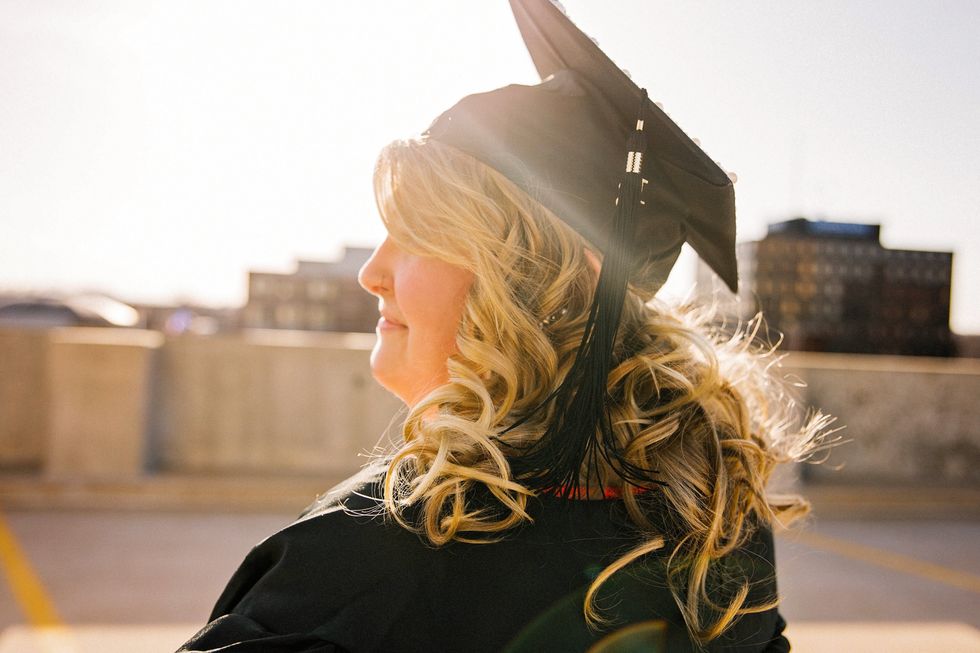Christianity often goes against anything related to the LGBT+ community. From the scriptures in Leviticus to the quotes of 1 Corinthians, it becomes almost glaringly obvious that the Bible doesn't leave any room for queer relationships. But even ignoring that, there's one passage that can leave an adolescent at odds with religion and identity- the so called 'bloom of youth' in 1 Corinthians 7:36.
Growing up going to the Kingdom Hall of Jehovah's Witnesses, from a very young age I was told that I would become a young woman, fall in love with a young man, and would get married. The only part of nonheterosexuality that I was aware of was my aunt, a lesbian who smoked and looked more like a teenage boy than a woman in her mid-twenties. My mother, the Witness who had me attend meetings, wasn't on good terms with her sister, and I was told she was immoral. As a child who adamantly believed, I accepted this without question, and was convinced I would be just like the media- a pretty girl who fell in love with a striking man, no questions asked.
Of course, growing up in a world with continually decreasing morals meant my mother worried, and so there were articles, Bible passages and books that I would read to protect my spirituality. When I was in middle school and others were becoming obsessed with crushes and relationships, I found myself oddly singled out. The people I did find attractive were female- Winona Ryder was quite possibly my first celebrity crush, which I was too scared to say while my friends fawned over Leonardo DiCaprio. But at the same time, it was just aesthetic attraction, nothing sexual like others were talking about. So I bit my tongue, went back to the Old Testament and my mother's books, and tried to find an answer.
In seventh grade, I discovered I did like guys by developing a crush on a soccer player who made my life slightly less miserable by protecting me from bullies in exchange for my homework to copy. I had a few months of infatuation and even a few sexual thoughts, which I told myself were disgusting and sinful. But at the same time, in those few months, I felt relief because I was "normal" which what I had always wanted. I was like every raging hormonal teenager- someone was cute, I developed a crush, sexual fantasies came up a few times. I decided in order to avoid the feelings of disgust, I tried to ignore all possible emotions.
Ignoring my hormones and emotions wasn't a wise idea. In the end, I ended up having weird attractions to people that I refused to acknowledge as sexual, and since I was far too awkward to be with, I refused the idea that anyone would want to romance me. In my repeat of eighth grade, I ended up liking another guy, this time a basketball player who was in a math level above me, so he couldn't use me for homework. Instead he talked to me in art, and once complimented my acting. There was another flicker of relief about being normal, but still a vague disgust at any sort of feelings. I also had interests in female classmates and celebrities, but I rationalized it with my religion's "bloom of youth." This continued through high school, where I ended up not having to worry about disgust, because feelings never came up. I wasn't sure if it was a sign of being broken or just never "finding the right person."
Luckily the internet was a wonderful place, and I had learned about different terms of orientation I had even found the one that gave relief to younger me, alone in the nonsexual attraction. I was asexual, which was also totally normal and acceptable. It was even confirmed in my sociology textbook, and if it was in the sociological book, that was good enough for me. There were other terms for my lack of attraction, cupioromantic for my wanting a relationship but not feeling it, was another important one. Among others was an attraction to all genders in a romantic sense, and eventual gender questioning.
This identity made me feel much better about the stunted emotions I had felt growing up. I continued to use it online, too nervous about coming out to my family. They had never questioned my lack of attraction, but I had grown up quiet, and I stayed that way. Over the course of high school and finding these terms of identity, my attendance of religious meetings had lagged. I had searched for validation in my identity, but found only that imagining sex was a sin, and that it was the duty of mankind to reproduce. Not doing so, a brother of the congregation had told me, was almost a way of telling God that my wants were better than his plan. Instead of trying to reconcile with religion, I withdrew. Articles in the magazines my mother brought home only seemed to drive it home.
My mother wanted to draw me "back into the truth" and so I followed her advice of self-reflection. Looking back, I only found more evidence of same sex romantic attraction, along with my lack of sexual interest except for the brief period in seventh grade. I tried to reconcile with the religion, attending assemblies and conventions. It never really connected again, and I became much more of an atheist. If God wasn't going to love me because I was ace, or attracted to women, even though I was beyond the "bloom of youth" that I had been warned about, then I wanted nothing to do with him.
My mother held out hope that I would return. I went to college for a year, with a bible my mom had gotten especially for me and a DVD about finding love in the truth. I made no promises, and let the year lead to self-discoveries. I fell in love twice, and made advances in my emotional health that I had been denied during high school. I felt more complete in myself when I developed a closer relationship to a senior, and falling for my best friend. I ended up coming out to my mother over winter break, hoping that she would at least be satisfied I wouldn't be engaging in premarital sex. I told her simply I was ace, and hinted that I might prefer girls to boys.
She told me one day "my hormones would kick in and I would be normal." I hadn't felt more emotionally hurt than that moment. It had taken me four years to get up the courage, and she dismissed it out of hand almost as soon as the words left my mouth. She suggested I had low sex drive, and reminded me to pray to Jehovah. Weeks later after midnight, I was with both parents having a discussion about LGBT rights, and said I had been scared to come out. Both parents were upset, my dad saying that I should be ashamed to feel that way and my mother saying she loved me no matter what. I had bitten back tears and gone to bed soon after, sending a quick message to my friends asking for a place if it got unbearably queerphobic.
When I went back to school, my mother sent a few magazines with me about love and that maturity would bring closeness that I was missing. After that she sent sporadic emails that reminded me to pray, and that one day I would be normal. I couldn't ignore those as easily as I wanted, so I suppressed the pain and immersed myself in essays and performances. When I sent an emotional email back once, I mentioned I was gay, since it was simpler than explaining again. Her response came back quickly, and with enough force that I refused to write back or call her. While she was disappointed and wanted to know "when I decided to be gay" there was just enough distaste in the email to make me feel as if I couldn't go home. I spent that week in the school's chapel, where they had a small meditation room. For the first time in years, I felt myself wanting a religious answer. So I lit the candles to calm down, and I prayed. I left the room thirty minutes later, a sort of ease in my chest, and I went back to my room to crack open the bible stored in my desk. "God is love" said 1 John 4:18. I decided that if God was love, he would love me whether I was ace, gay or straight. It was a small reconciliation with God, but it never reached my mother. When I came home for the summer, in a reluctant manner since we hadn't quite made up, it was awkward to readjust.
The "bloom of youth" was my mother's excuse when it came up over the summer. She said I hadn't left it yet, and thus wasn't mature enough to know. Rather than argue, I just stayed silent and let her speak and try to convince me to come back to the Kingdom Hall. While I had forgiven God for his view on gay people in Leviticus and 1 Corinthians, I had yet to find it in myself to forgive my mother for calling me broken. I refused to go back for a while, eventually bending to her requests as it became emotionally exhausting. But in a way, the damage was done. I didn't feel like family in the congregation, and my mother had told the elders about my love of women. They were distant in dealing with me, but when my favorite came to speak to me, it was in quiet words that hurt, reminding me of God's will. I nodded and went home, quietly swearing I would never go back.
I don't believe that religion and LGBT lives can't coexist. I just believe that if raised to believe all nonheterosexual relationships are wrong and immoral, it will inevitably damage the student. Some damage can be undone, while others take longer to heal. The words and repetition of the bloom of youth led to my own internal conflict, one that I still haven't conquered. I struggle to respect the religion that led to my internalized homophobia and acephobic behavior. I struggle to talk to my mother about my relationships and feelings, because of her disappointment and constant reminders to pray. If religion could stop reinforcing one idea from scripture as the only perception of a God, then perhaps there would be more love and acceptance between everyone.
I just hope that if I ever have a child, and they follow Christianity, they don't get poisoned by the bloom of youth's teachings. Blooms are meant to be beautiful and full of life, not half wilted and seen of little value. I believe that if there is a God, he is full of love, and that no matter if the blooms he planted are different, they are loved. Just because I am asexual and a lover of women does not mean I am broken, immoral or disgusting. It simply means life chose another way, and I hope one day, Christianity will follow.





 Photo by
Photo by  Photo by
Photo by  Photo by
Photo by 










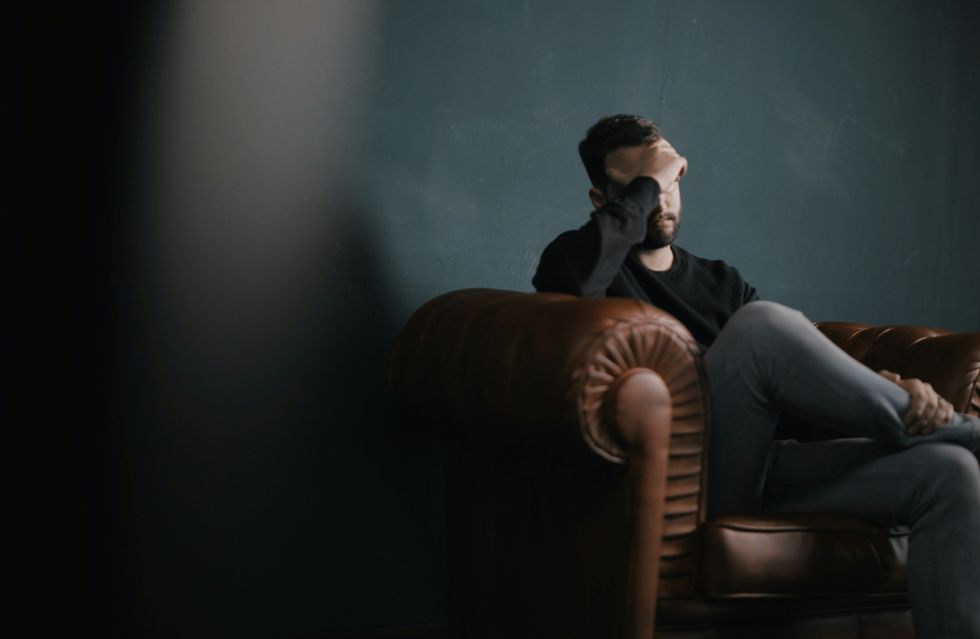 Photo by
Photo by 
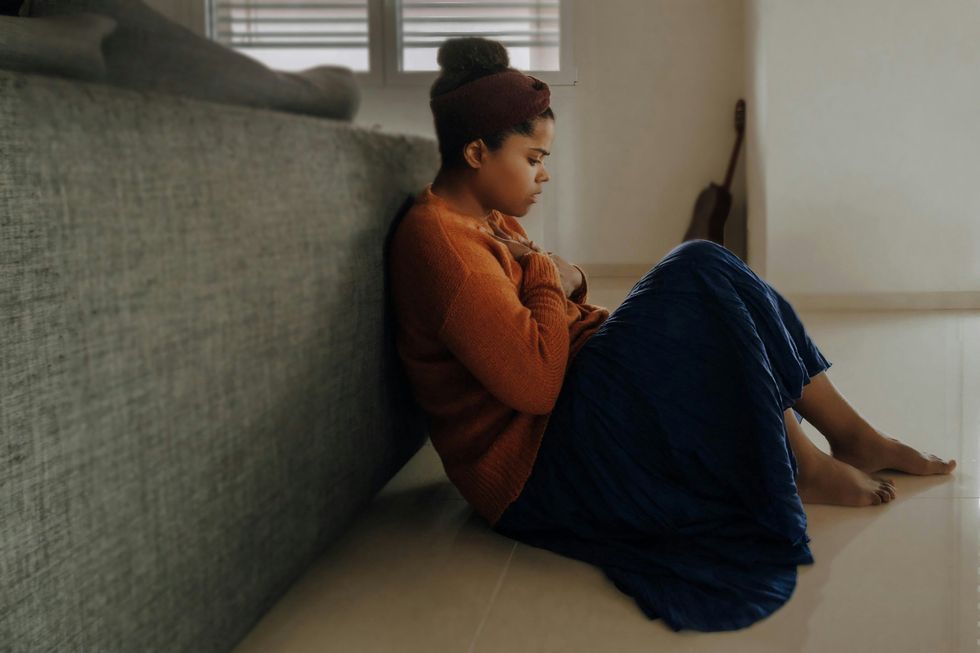 Photo by
Photo by 
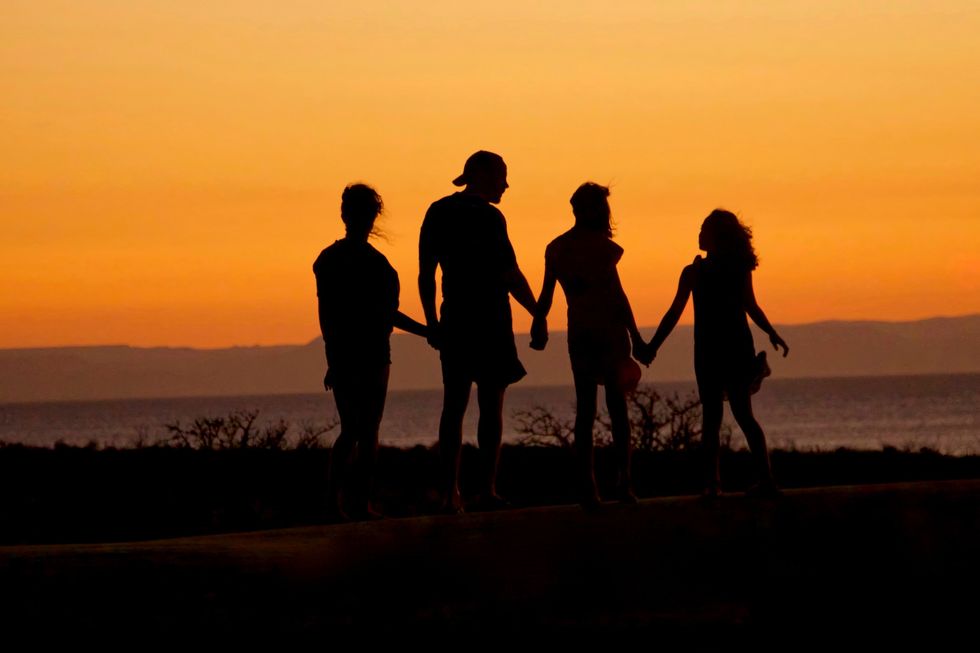
 Photo by
Photo by 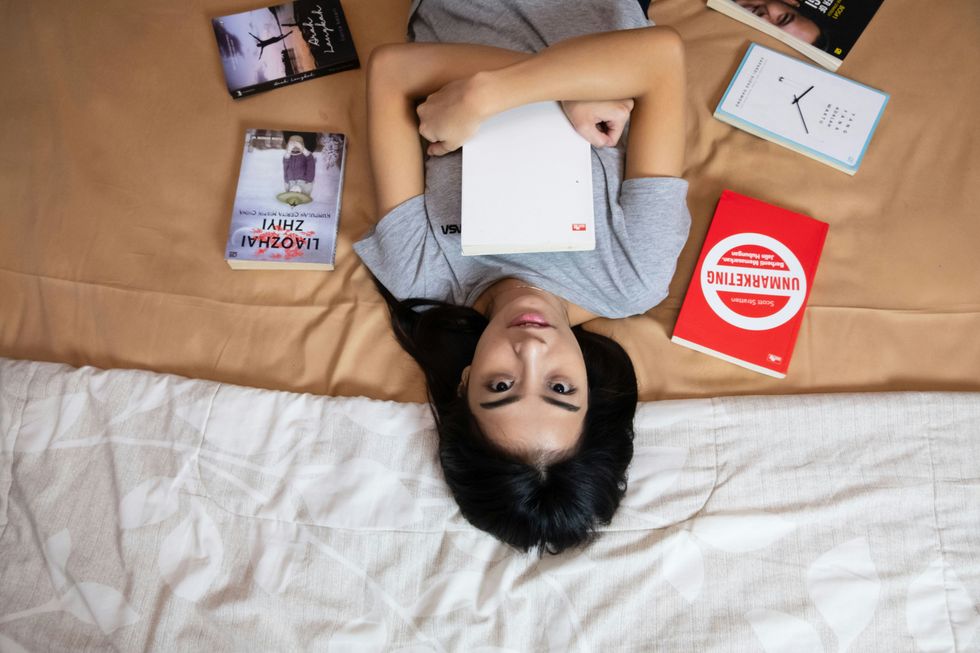 Photo by
Photo by  Photo by
Photo by 